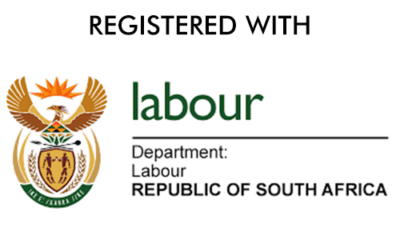16 Billion Passwords Exposed in Record-Breaking Data Breach. In what experts are calling the largest credential breach in internet history, a staggering 16 billion usernames and passwords—linked to major tech giants including Google, Apple, and Facebook—have been leaked on underground forums and hacker marketplaces. The massive trove of stolen credentials is sparking widespread concern among cybersecurity professionals and internet users alike.
The Scope of the Breach
The leak, dubbed “RockYou2025” by security researchers, reportedly compiles both newly stolen data and previously leaked credentials gathered from hundreds of data breaches over the past decade. Unlike previous breaches, however, this dataset is centralized, searchable, and updated with more accurate pairings, making it especially dangerous.
According to researchers at CyberNews, who first flagged the leak, the credentials are being actively circulated on dark web forums frequented by cybercriminals. The exposed data includes:
- Full email and username/password combinations
- Some two-factor authentication tokens
- Passwords from major platforms like Google, Apple, Facebook, Microsoft, Netflix, and Dropbox
Potential for Credential-Stuffing Attacks
Experts warn that this breach opens the door to a surge in credential-stuffing attacks, a method where hackers use stolen credentials to try and access accounts across multiple services. Because many users reuse passwords across platforms, even a single match can result in the compromise of banking accounts, corporate portals, or email systems.
“This is a ticking time bomb for both individuals and enterprises,” said Eva Rothman, a cybersecurity analyst at Sentinel Labs. “With this volume of credentials, even a 1% success rate could compromise millions of accounts.”
What Users Should Do Immediately
Cybersecurity professionals urge all internet users to take the following steps:
- Change passwords immediately on all major accounts, especially if they’ve reused passwords in the past.
- Enable multi-factor authentication (MFA) where possible to add an extra layer of protection.
- Use a password manager to generate and store strong, unique passwords.
- Check if your email has been compromised using tools like HaveIBeenPwned.com.
Industry Reaction
Tech companies have not officially confirmed whether the leaked credentials are valid, though some, including Microsoft and Google, have issued precautionary alerts to users.
“We are investigating reports of credential dumps and working closely with law enforcement,” said a spokesperson from Google. “We advise users to update their passwords and enable two-step verification.”
The breach has prompted renewed calls for stricter data handling regulations, especially around password storage and encryption practices.
A Wake-Up Call for the Digital World
The breach highlights the urgent need for stronger password hygiene, wider adoption of passwordless authentication technologies, and better digital awareness.
“If 2024 was the year of ransomware, 2025 may be remembered as the year when the internet’s password problem finally exploded,” said Rothman.
As investigations continue, one thing is clear: the internet’s collective approach to authentication may never be the same.

















